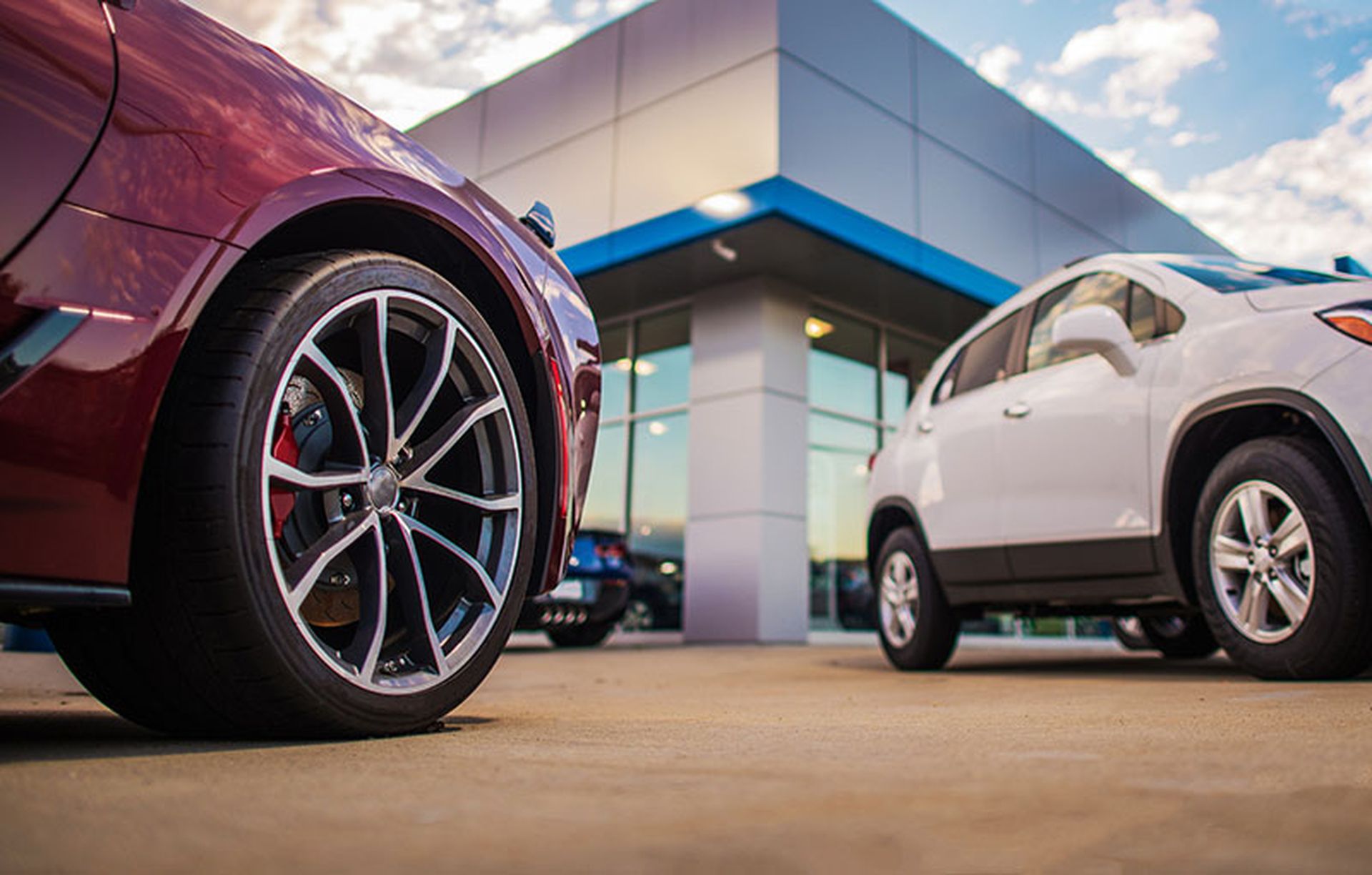Automotive dealerships have been crippled in recent weeks by a disruption due to a ransomware attack on CDK, a Software-as-a-Service (SaaS) provider that provides an ERP-like dealer management platform.
As CDK works to restore systems used by more than 15,000 retail locations across North America, the company advised that the return of the dealer management system will require several days if not weeks, according to a press statement from Group One Automotive, which owns 202 dealerships in the U.S. and U.K.
CDK’s SaaS platform runs all aspects of a dealership’s operations, including sales, financing, inventory, service and back-office functions. The disruption is forcing pen-and-paper transactions at dealerships. U-Haul and Penske, two commercial vehicle rental giants, are among those impacted.
Meanwhile, Asbury Automotive Group, one of America’s largest car retailers and service providers, warned investors this week that the CDK outage has hurt its business, and it’s unclear when it will end.
Auto Dealer Vertical Market a Speciality for MSPs and MSSPs
MSSPs and MSPs often provide IT and cybersecurity services to auto dealerships that outsource those services to focus on their core businesses. MSSP Alert reached out to one MSSP to get an inside track about how auto dealerships operate, how important CDK is in the auto dealership market, and what MSSPs can do to advise their auto dealership customers about how to improve their readiness for cybersecurity incidents.
MSSP Blackswan Cybersecurity CEO Mike Saylor built a vertical market specialty for his company with automotive dealerships. Here’s the advice he said he would give to customers and potential customers in the auto dealer market who may be concerned about experiencing a cybersecurity incident like the one caused by the CDK ransomware attack.
Royal Ransomware Rebranding as BlackSuit?
The BlackSuit ransomware group is believed to be the new name for the group known as Royal Ransomware, which was behind the CDK incident, BleepingComputer reported. BlackSuit is reportedly dangling a ransomware decryptor in exchange for currency and the promise of not exposing any company data.
Two of the largest public car dealership companies, Penske Automotive Group and Sonic Automotive, disclosed yesterday that they, too, were impacted by the outages.
Saylor believes the threat actor truly understood what they had access to.
“They became very familiar with CDK as a company, their financials, their business model, whether or not they could recover from a ransomware infection,” he said. “Then they decided, they strategized on how best to attack and infect them. They did so in a very effective way. And now CDK is at the point where they're probably going to pay the ransom in an effort to try and get their operations back as soon as possible.”
Saylor speculates the ransom is probably between $50 million and $60 million, however, there are currently no confirmations of the actual ransom.




